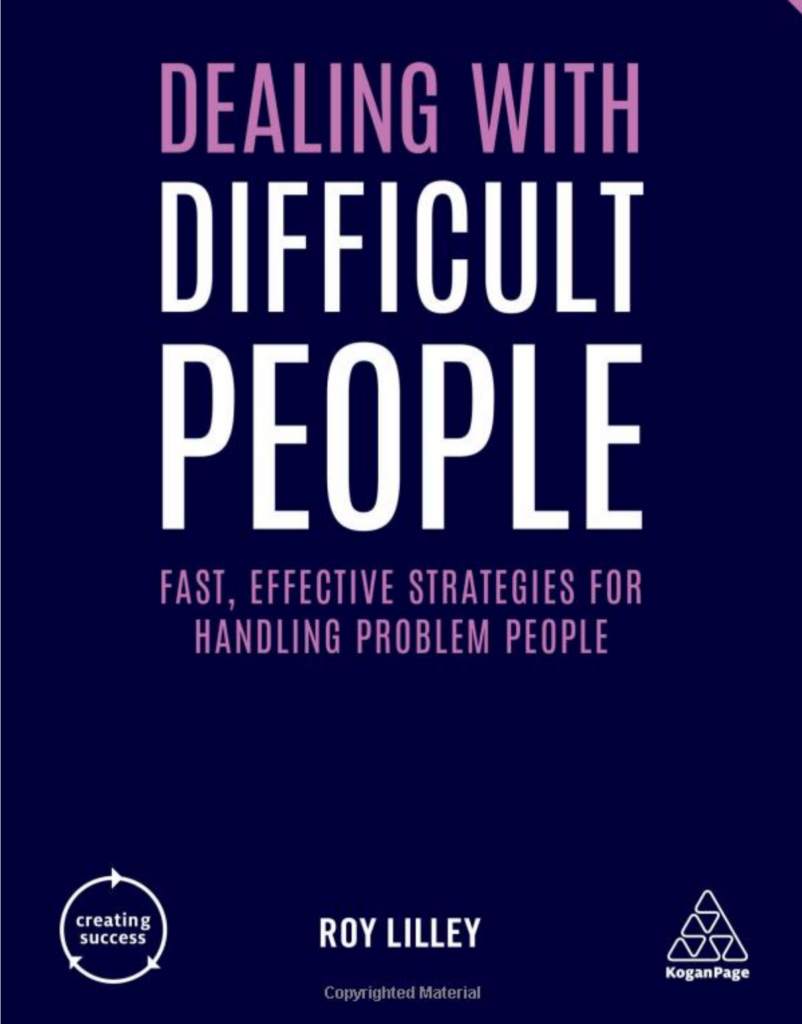It was obvious, wasn’t it?
I’m sure he is a lovely guy, full of all the right motives; equality evangelist, democrat, socialist, trades unionist, campaigner, anti-fascist, anti-nuclear, anti-apartheid.
He received the Gandhi International Peace Award in 2013 and the Seán MacBride Peace Prize in 2017 for his promotion of peace… but…
Prime Minister, I don’t think so. Neither did anyone else. It was the heavy-weight, political engineering, by Momentum, that got Jeremy Corbyn into Labour’s leader’s seat.
It was tactically brilliant but… he couldn’t get over the line. He was never destined for Number Ten.
Now it’s over, everyone says they ‘knew he’d never make PM‘. Last weekend Labour MPs were queuing-up to say so. Why didn’t they say after the last election, or before?
Why didn’t Labour’s inner sanctum take him to one side and say; ‘Thanks but, time to go’?
Is it because they shared his political ambitions for a more equal Britain? Renationalising public assets? As a regular on the trains I can tell you, renationalising them has a lot of appeal. The utility companies? Why not?
When the Almighty makes it rain, presumably, she doesn’t do it so someone can drive home in an almighty big Merc with an almighty boot-full of cash?
Tricky though… how do you get rid of your boss. Tell them they are wrong?
First be sure your right. The chances are your boss will know more than you do. Do you have all the facts? Check and double check. The last thing you need to do is barge in and get slung out. Have you got data, evidence and facts?
It’s a good idea to turn-up with a suggestion, a solution, an answer. Have you got one?
A bit of respect will go a long way. If you are going to confront the boss, do it in private and use the right language.
Saying ‘I think this is wrong‘ is not a great ice breaker. Try, ‘Do you think a different approach might be to...’
Words like, ‘I-told-you-so’ or, ‘This-was-a-huge-mistake’, will set the scene for a row.
This is not about winning, it’s about changing things… the objective. Dealing with difficult people and situations. Focus on the outcome.
Pick the right time. There’s probably never a good time to tell the boss they’re wrong but there are lots of bad times. If you can, ask to see the boss and let them pick the time.
Finally, check your motives. Are you doing this for the right reasons? Are you a contraryist or a nit-picker. If it turns out it’s your fault, got the wrong end of the stick or you’re wrong, be quick to admit it and say you’re sorry… you were just very concerned.
It’s the measure of an organisation and its bosses, how open it is to criticism and being told they are wrong.
I’ve seldom seen a problem that isn’t better solved by the people actually doing the job but we all know organisations seldom listen and it takes a huge amount of courage to speak up.
When people speak up they save lives, save money and save disasters.
If Labour leaders had spoken up, by now, one of them might be in Number Ten. It’s no good blaming the press, the weather, the time of the year, Brexit… they only have themselves to blame.
If the answer to the question; ‘why didn’t you speak-up’…
… is…
… ‘I was afraid, bullied, sidelined,’ then we know there is something very wrong with the Labour Party and it deserves to be where it is.
It is the same for organisations and the NHS.
When organisations dominate individuals and those speaking up are subjected to animus and scrutiny, we risk organisational failure.
Bureaucratic responses that focus on status, credibility and political skills, risk hearing from the real people, doing the real job.
Labour, like a lot of other organisations, circled the wagons when they could have been on a journey to a new and better place.
All organisations have people with an axe-to-grind. The ones we must find are the ones with a point to make. Committed to integrity, courage and loyalty, independent judgement… those are the ones who, if we listen, can change our destiny.
News and Comment from Roy Lilley
Contact Roy – please use this e-address roy.lilley@nhsmanagers.net
Reproduced at thetrainingnet.com by kind permission of Roy Lilley.








